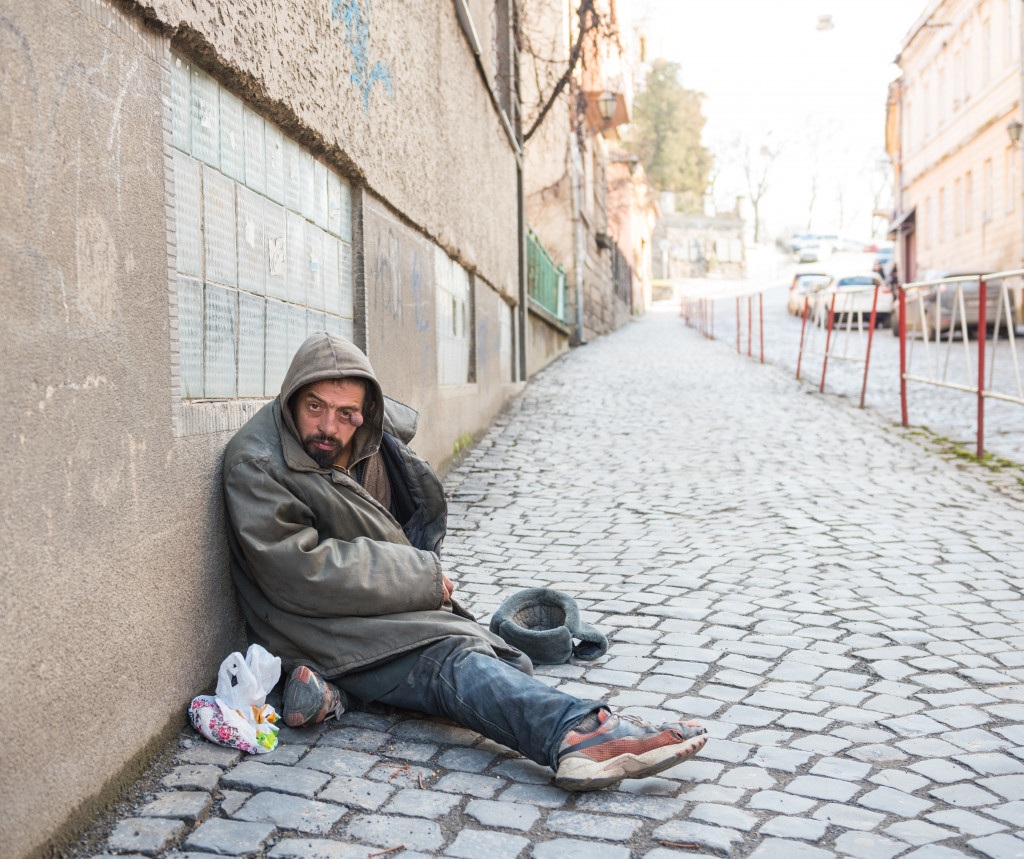Homeless people face a host of unique health challenges. From mental health issues and chronic disease to dental problems and malnutrition, homeless people are more likely to experience various health problems. In this blog post, you’ll learn about a few of the most common health issues faced by homeless people and what you can do to help:
Mental Health Issues
Mental health issues have a widespread and often invisible effect on homeless people. From substance abuse to depression and anxiety, they are faced with a multitude of debilitating conditions. Managing these issues is complicated by their lack of access to stable housing, medical care, and basic necessities.
Fortunately, there are many ways anyone can lend a helping hand to those living on the street. Volunteering for a local shelter or outreach program is an effective way to make a difference in the lives of homeless individuals. Donating money or items such as sleeping bags, blankets, or sunscreen can give them much-needed relief from their harsh reality. People that may not be able to volunteer due to their schedule can also do something kind by simply engaging in conversation or lending an ear if someone needs it.
Dealing with mental health issues is always hard, regardless if you’re housed or homeless – trying your best to understand the struggles of others and offer what small assistance you can go a long way in making our streets safer and more equitable places for all.
Chronic Diseases
Homeless people are also at a greater risk of developing chronic diseases. Conditions such as diabetes, high blood pressure, and heart disease can be severely exacerbated by lifestyle factors – such as poor nutrition and lack of access to medical care – that are common among homeless individuals. Unfortunately, these chronic conditions are often left untreated or undiagnosed due to the many barriers they face in seeking medical help.
To help address this issue, it is essential to educate yourself about chronic diseases that are common in homeless people. In doing so, you can advocate for better healthcare policies and ensure that everyone in your community can access quality care. Additionally, you can donate resources like food, clothing, and shelter to organizations that help homeless individuals overcome these obstacles and improve their overall health.
Dental Problems
Homeless people are also at high risk for dental problems and oral disease due to poor nutrition and lack of access to oral care. Cavities can develop rapidly without regular brushing and flossing, leading to serious infections and even tooth loss.
To help prevent and address these issues, it is important to learn more about the unique needs of homeless people regarding oral health. Whether you are a healthcare provider or simply want to make an impact in your community, there are many ways that you can help by either providing free oral care services or donating funds for vital supplies like toothbrushes, toothpaste, and floss.
You can also partner with organizations and individuals to set up a dental outreach program. This will allow the homeless to receive various dental treatments such as cleanings, fillings, extractions, and, most importantly, dental implants. Dental implants are especially essential for homeless people as they address tooth loss issues. Tooth loss causes bone loss and exacerbates the negative effects of chronic conditions they might have, such as diabetes and heart disease. This means a dental implant and bone loss repair are one and the same. Homeless people will have improved oral and overall health by getting this treatment.
Malnutrition

One of the most essential needs for any human is food and shelter. Yet, homelessness has a terrible way of stripping both away. Homeless people are at high risk for hunger and malnutrition without access to healthy food or clean water. To help prevent this from happening in your community, it is essential to learn about the various challenges that homeless people face regarding getting adequate nutrition.
Whether you are a healthcare provider or simply interested in making an impact, there are many ways that you can help. One option is donating funds to local food banks and meal programs that regularly provide nutritious meals to homeless people. Another option is volunteering your time at these organizations, helping prepare, package, and distribute the food. Additionally, you can work to increase awareness of issues related to homelessness and malnutrition by speaking out in your community and advocating for better policies that support the health and well-being of all members of society.
The health of homeless individuals is often neglected due to the many challenges they face in seeking medical help. However, there are many ways that you can help by educating yourself about health issues they face, such as mental health issues, chronic diseases, dental problems, and malnutrition. By raising awareness, advocating for policies that improve access to healthcare services, and donating resources like food and shelter, you can help homeless people overcome these barriers and improve their overall health and well-being.




